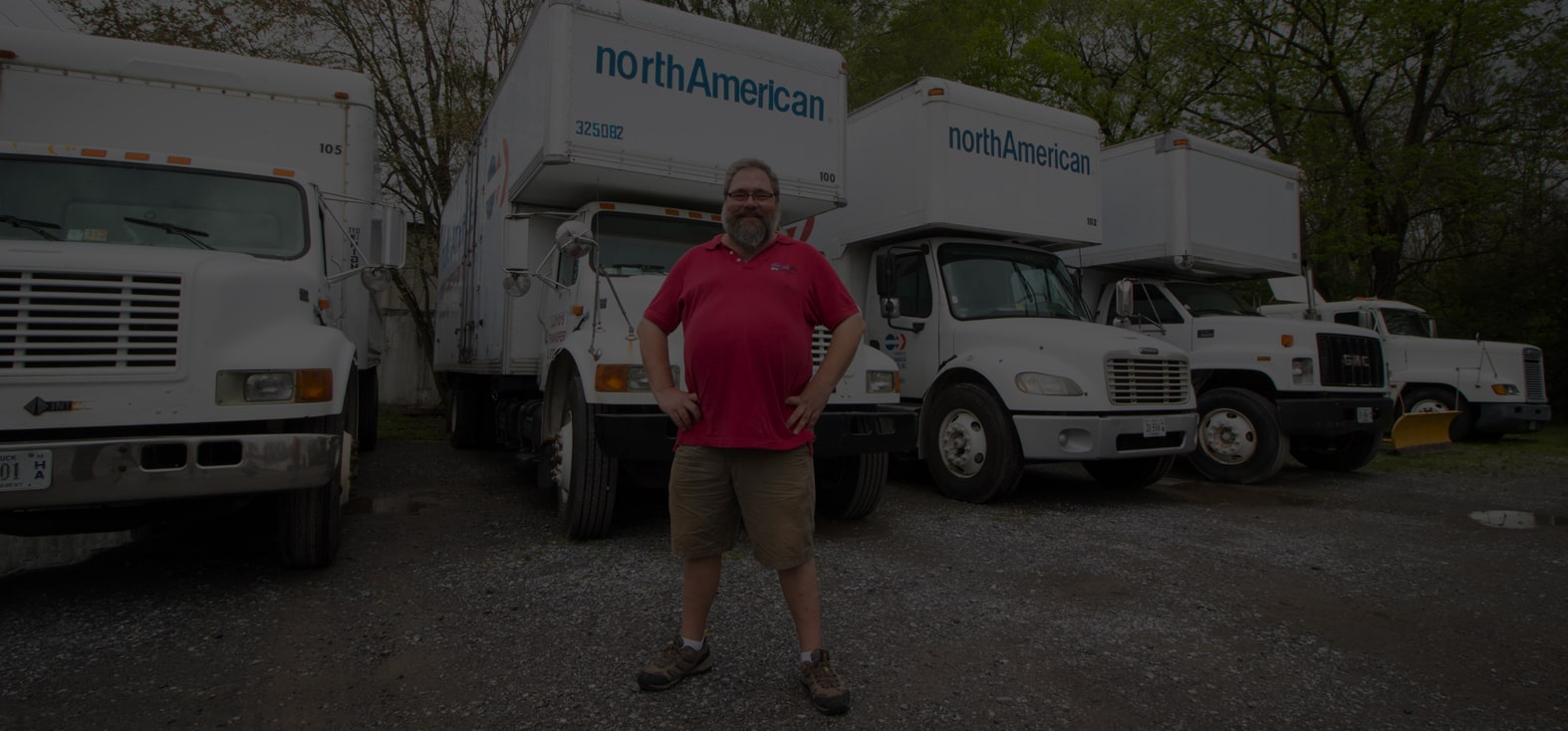
West Virginia’s consumers wanted to use the Vogts’ moving company.
West Virginia’s government said no. PLF made them say yes.
Stay up to date with Pacific Legal Foundation’s latest issues, cases and clients.
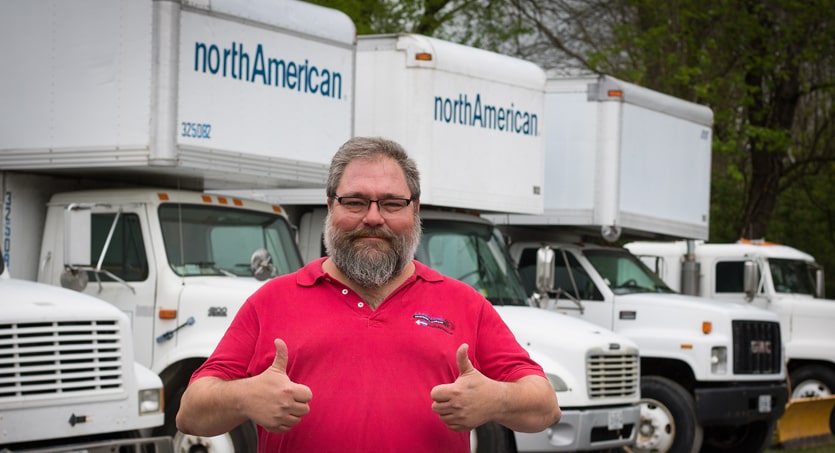
Arty and Stephanie were professionally qualified and had a federal license for interstate moves, so providing service in West Virginia wasn’t a problem—until 2012 when the state sent them a cease-and-desist letter saying that they weren’t licensed for moves within the state.
The Vogts ran into one of the most anti-competitive laws in the nation: a Certificate of Need requirement. Sometimes called “Competitor’s Veto” laws, these measures essentially allow existing businesses to shutdown new competition.
At the time, West Virginia required Artie and Stephanie to prove to a state bureaucrat that there was a "need" for their moving business that couldn’t be handled by existing businesses. As if that weren’t enough, prospective licensees also required permission from all the other moving businesses in the state.
One of West Virginia’s largest moving businesses—located 150 miles away—took issue with the new competition and appealed the license request. The state then denied the Vogts' application.
Turns out that the state had been simply deferring to the existing businesses and denying every application they didn’t like. The last time a business had been able to obtain a Certificate was in 2005.
Stephanie hired a lawyer and nearly one year and $10,000 later, they lost their case.
Soon after losing that fight, Stephanie lost another important battle. This time to cancer.
Arty was determined to honor Stephanie’s memory by fighting the un-American, protectionist law.
He teamed up with Pacific Legal Foundation. Represented free of charge, Arty sued, arguing that the government shouldn’t be in the business of picking winners and losers.
The state relentlessly defended its cronyism until Arty and PLF were about to file a motion for summary judgement.
That’s when the state legislature passed Senate Bill 174—or “Stephanie’s Law,” as Arty calls it—excluding moving companies from the Certificate of Need requirement.
Arty is now free to operate his business within West Virginia. It was indeed a victory for his late wife and for everyone’s right to engage in honest free enterprise.
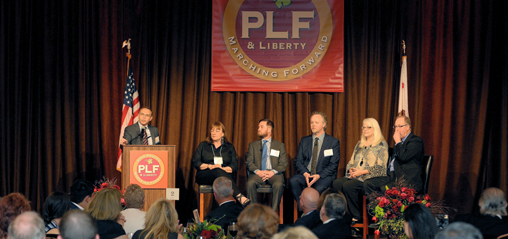
Americans have the right to pursue economic opportunity to better themselves, their families, and their communities.
It’s up to entrepreneurs and consumers to decide how many businesses a state needs. Not bureaucrats or competitors.
No law should allow entrenched businesses to strip others’ freedom to do the work they choose or block fair competition in the marketplace.
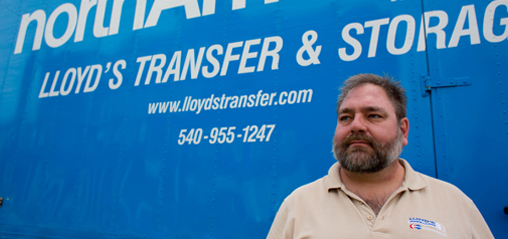
Help Arty and others fight back
Meet other Americans fighting the law—and winning—with PLF.
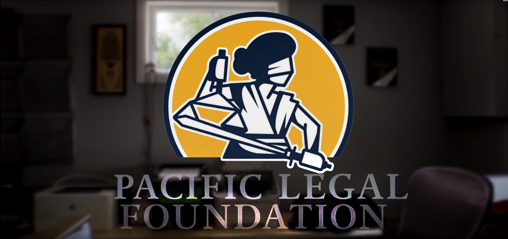
Pacific Legal Foundation empowers Americans like Arty Vogt to fight back—and win—when faced by arbitrary and unconstitutional government abuse.
In partnership with our clients, we sue the government when it violates Americans’ individual rights.
PLF has 45 years of experience with the law, scoring precedent-setting victories in the nation’s highest courts, including 10 wins at the United States Supreme Court.
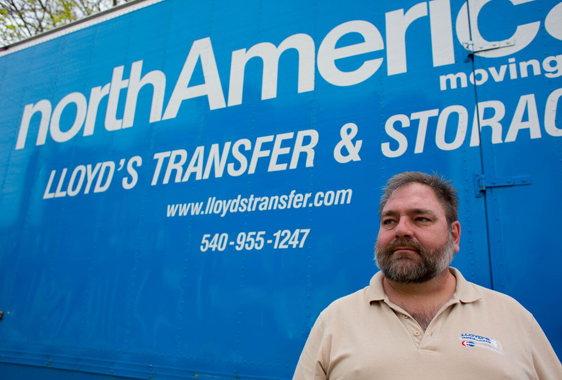 View
Arty Vogt began working at Lloyd’s Transfer as a college graduate in 1992
View
Arty Vogt began working at Lloyd’s Transfer as a college graduate in 1992
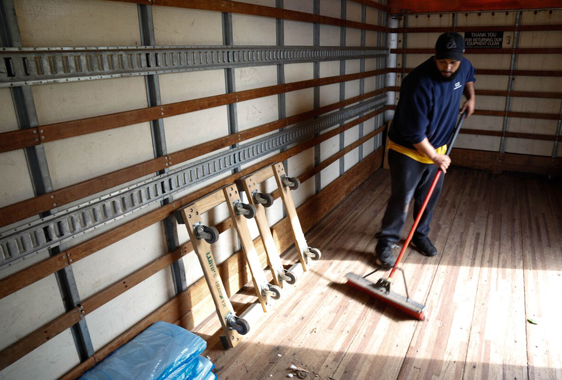 View
By 2005, Arty saved enough to buy the Berryville, Virginia moving company.
View
By 2005, Arty saved enough to buy the Berryville, Virginia moving company.
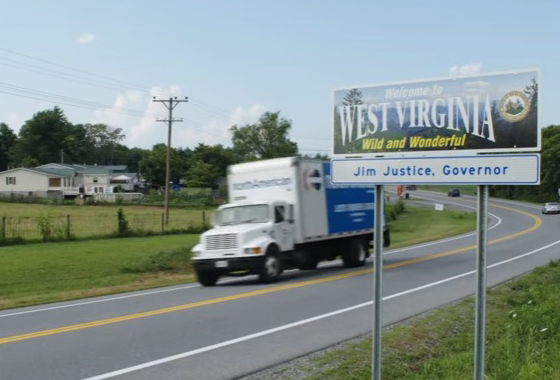 View
The business grew so successful that customers called from across the state line in West Virginia, five miles away
View
The business grew so successful that customers called from across the state line in West Virginia, five miles away
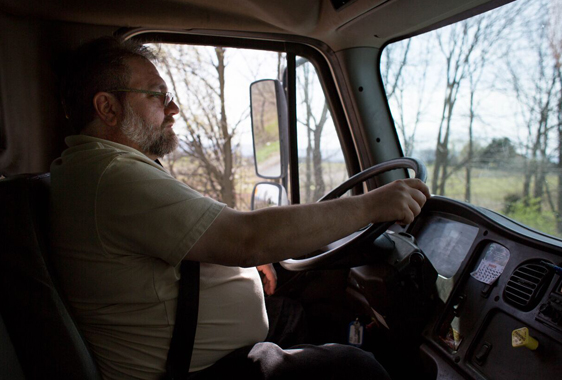 View
Under the state’s “Competitor’s Veto” law, Arty needed permission from other moving companies to do business
View
Under the state’s “Competitor’s Veto” law, Arty needed permission from other moving companies to do business
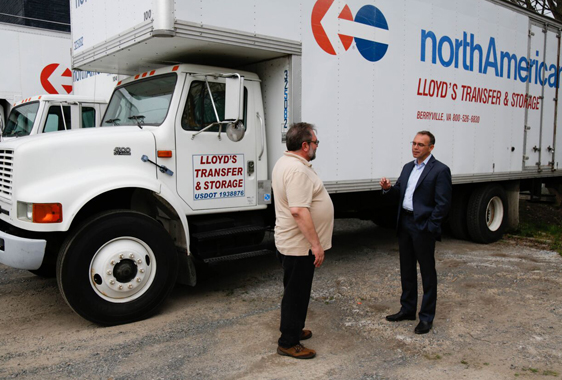 View
So Arty teamed up with PLF to fight West Virginia’s state-sanctioned cronyism
View
So Arty teamed up with PLF to fight West Virginia’s state-sanctioned cronyism
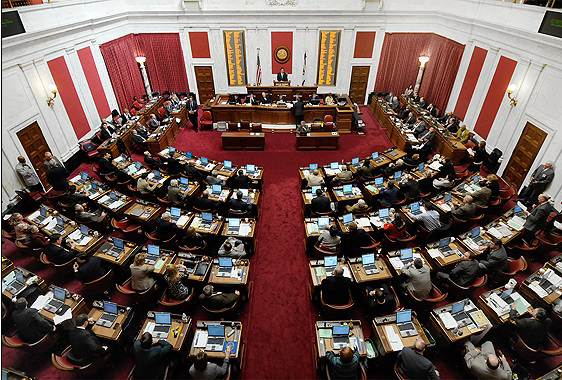 View
Rather than fight Arty and PLF to the bitter end, West Virginia lawmakers changed the law
View
Rather than fight Arty and PLF to the bitter end, West Virginia lawmakers changed the law
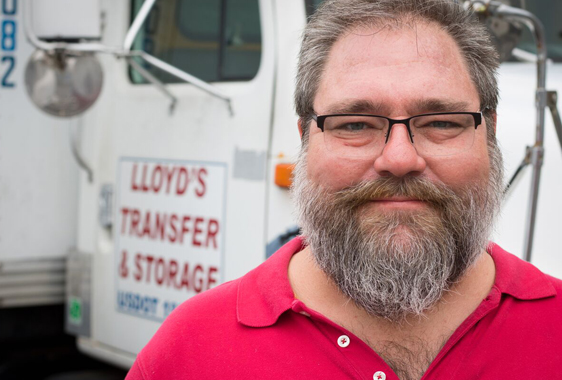 View
Arty’s win means all movers can compete in West Virginia—not just the government’s favorites
View
Arty’s win means all movers can compete in West Virginia—not just the government’s favorites
 View
Arty Vogt began working at Lloyd’s Transfer as a college graduate in 1992
View
Arty Vogt began working at Lloyd’s Transfer as a college graduate in 1992
 View
By 2005, Arty saved enough to buy the Berryville, Virginia business
View
By 2005, Arty saved enough to buy the Berryville, Virginia business
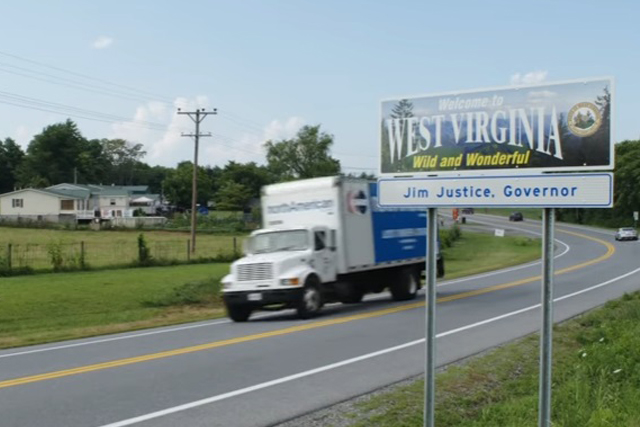 View
The business grew so successful, customers called from across state lines in West Virginia, five miles away
View
The business grew so successful, customers called from across state lines in West Virginia, five miles away

Anastasia Boden, a lawyer with the Pacific Legal Foundation, represents Arty Vogt in his challenge to West Virginia’s “competitor’s veto” law for the moving industry.

Most Americans would agree that government shouldn’t pick winners and losers in the marketplace. That’s cronyism. It may surprise many to know, however, that laws exist in many states to do just that: “Certificate of Necessity” laws.

Vogt challenged the Competitor’s Veto law in court and the legislature repealed it. Now he can compete with whomever he wants.

This law seeks to stifle that system entirely in the home moving services market and no doubt costs West Virginia’s residents in both cash and quality

With that state repealing their competitor’s veto law, plaintiff Arty Vogt (and a host of unnamed others) can now operate freely and, in accordance with the protections of the constitution, earn a living without undue government interference.

I've been a household goods mover for more than 24 years and, since 2005, owner of Lloyd's Transfer & Storage, a small moving company in Berryville, Virginia, just 10 miles from the West Virginia border.